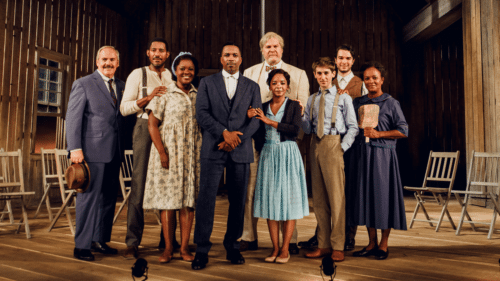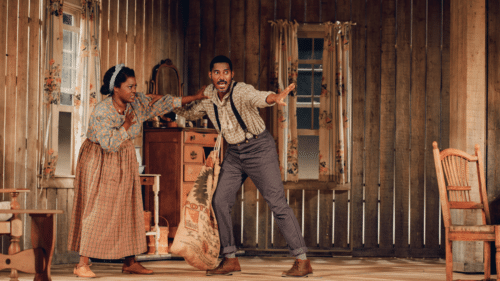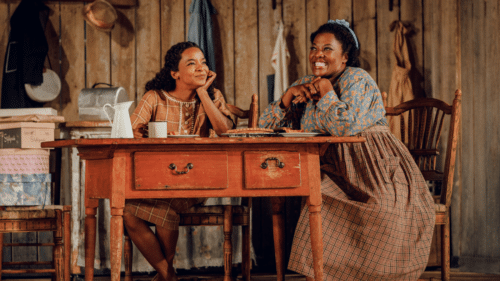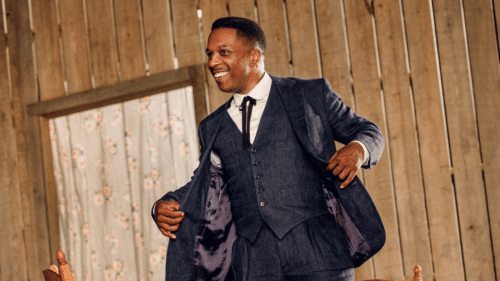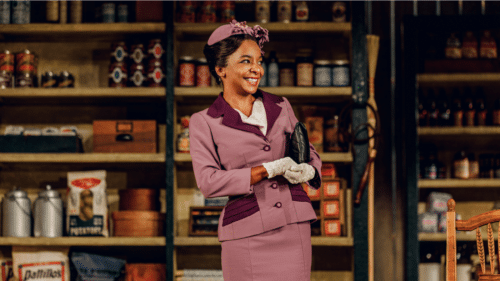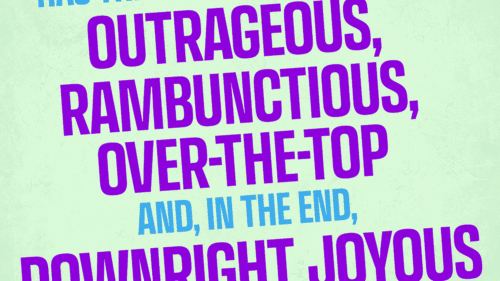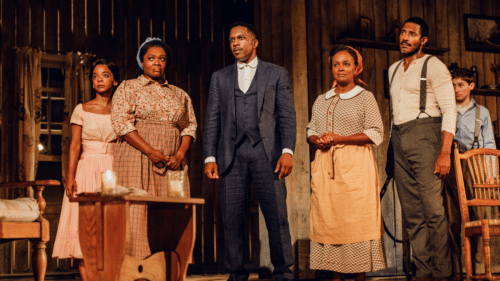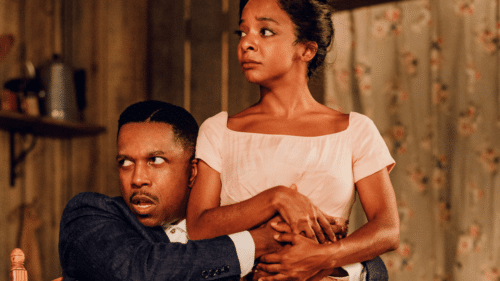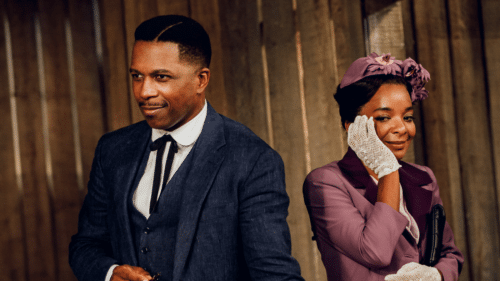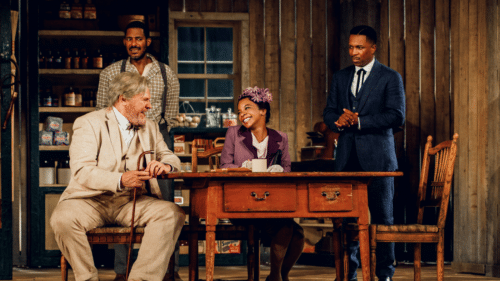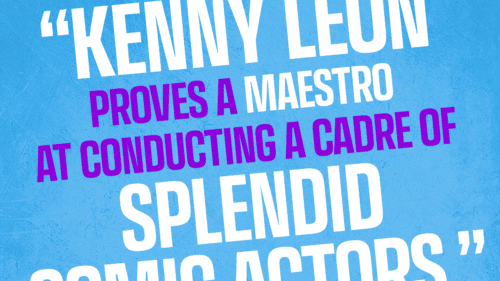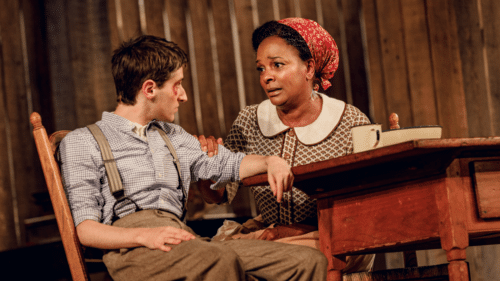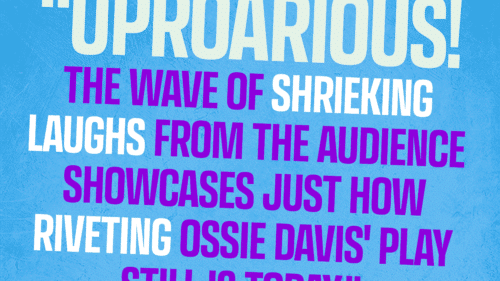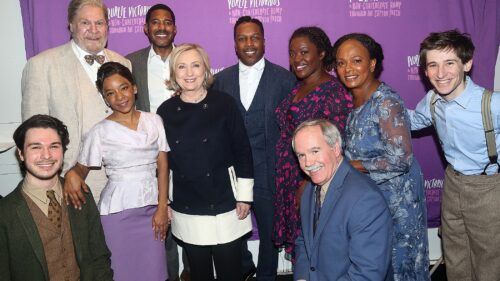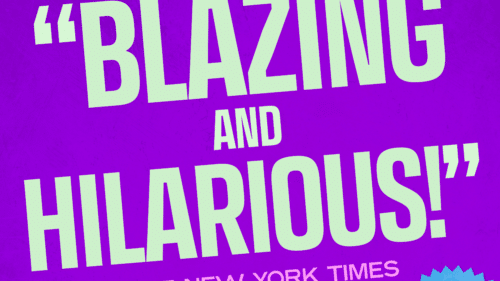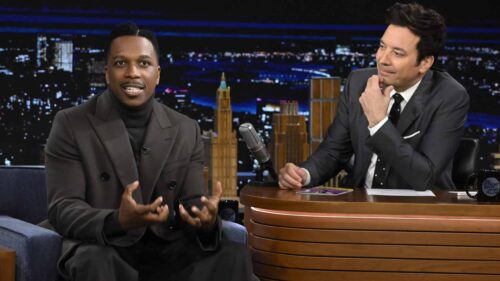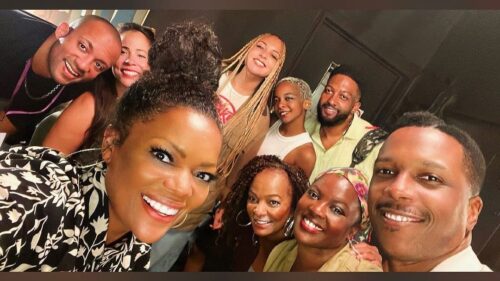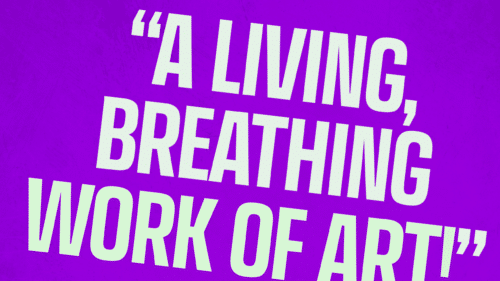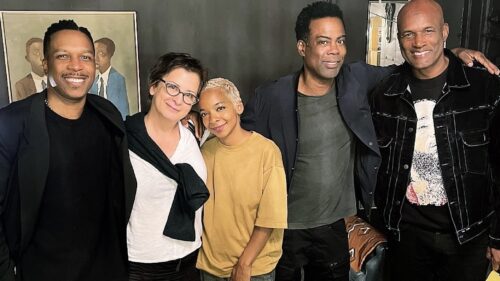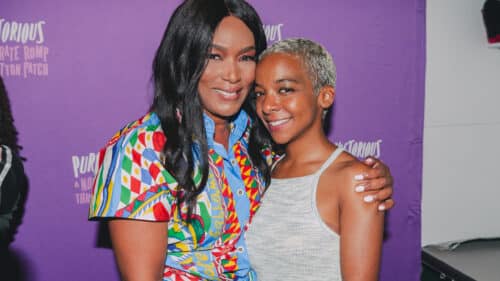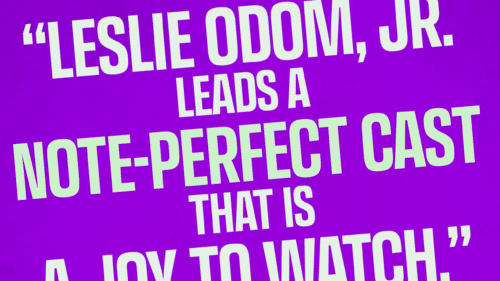About
Tony Award® winner Leslie Odom, Jr. stars in Purlie Victorious: A Non-Confederate Romp Through the Cotton Patch, the rousing, laugh-filled comedy by Kennedy Center honoree Ossie Davis that tells the story of a Black preacher’s machinations to reclaim his inheritance and win back his church.
Ossie Davis gave the American theater an American hero in Purlie Judson. I am thrilled beyond measure to be part of this revival company. Mr. Davis’s pages are full of joy and rhythm, laughter and hope.
Purlie Victorious originally premiered on Broadway in 1961 and starred Ossie Davis, Ruby Dee, Alan Alda, Godfrey Cambridge, Sorrell Booke and Beah Richards. For their 100th performance, Dr. Martin Luther King, Jr. visited the company and celebrated the milestone with them.
We still need togetherness; we still need each otherness—with faith in the futureness of our cause. Let us, therefore, stifle the rifle of conflict, shatter the scatter of discord, smuggle the struggle, tickle the pickle, and grapple the apple of peace!
A Message From The Dee-Davis Family
As the children of Ossie Davis and Ruby Dee, we witnessed the birth of Purlie Victorious. The story we heard both from the stage and at home is a story that still needs to be told, and so we are very excited to hear the voices of Reverend Purlie, Lutiebelle and the citizens of Cotchipee County return to Broadway. We are especially proud to be a part of the continuation of this legacy, and welcome you into the family.
—Nora, Guy & Hasna
A History of Ossie & Reverend Purlie
Born Raiford Chatman Davis on December 18, 1917, in Cogdell, Georgia, Ossie Davis emerged as a renowned African-American actor, playwright, and advocate for social change. When Purlie Victorious originally opened in 1961 at the Cort Theatre (now the James Earl Jones Theatre), it showcased his multifaceted talent and resonated with his early life experiences.
Growing up in racially segregated Georgia, Davis witnessed the injustices that fueled his lifelong commitment to civil rights. Purlie Victorious mirrored his personal journey to challenge oppressive white authority in the South and beyond. The parallels between the play’s themes and Davis’ own encounters with discrimination underscored his determination to address societal disparities through art. Some of the atrocities included in the play, such as the harsh use of racial slurs and references to attacks like a young man getting his head dipped in a bucket of syrup, are pulled directly from Davis’ own upbringing; he channeled personal anecdotes into Purlie’s journey, bring- ing his reality to the work to educate on the affliction African Americans endured, while entertaining.
The enduring significance of Purlie Victorious lies not only in its adaptations but also in its origins, representing Ossie Davis’ profound impact on both the world of theatre and the fight for equality.
“I like to think that somewhere beyond time and space, and all things mundane, there is a kingdom where fools can go when the world no longer needs their sage advice, their scalding satire, or their healing laughter. Where the good folks of Chelm and the cotton patch, together with their counterparts from all of history, continue their wondrous adventures, stopping their lying every now and then to look down, not totally without pity, and laugh at us humans, exasperatingly foolish as we shall probably be for the rest of eternity.”
—OSSIE DAVIS Purlie Victorious: A Commemorative Text
